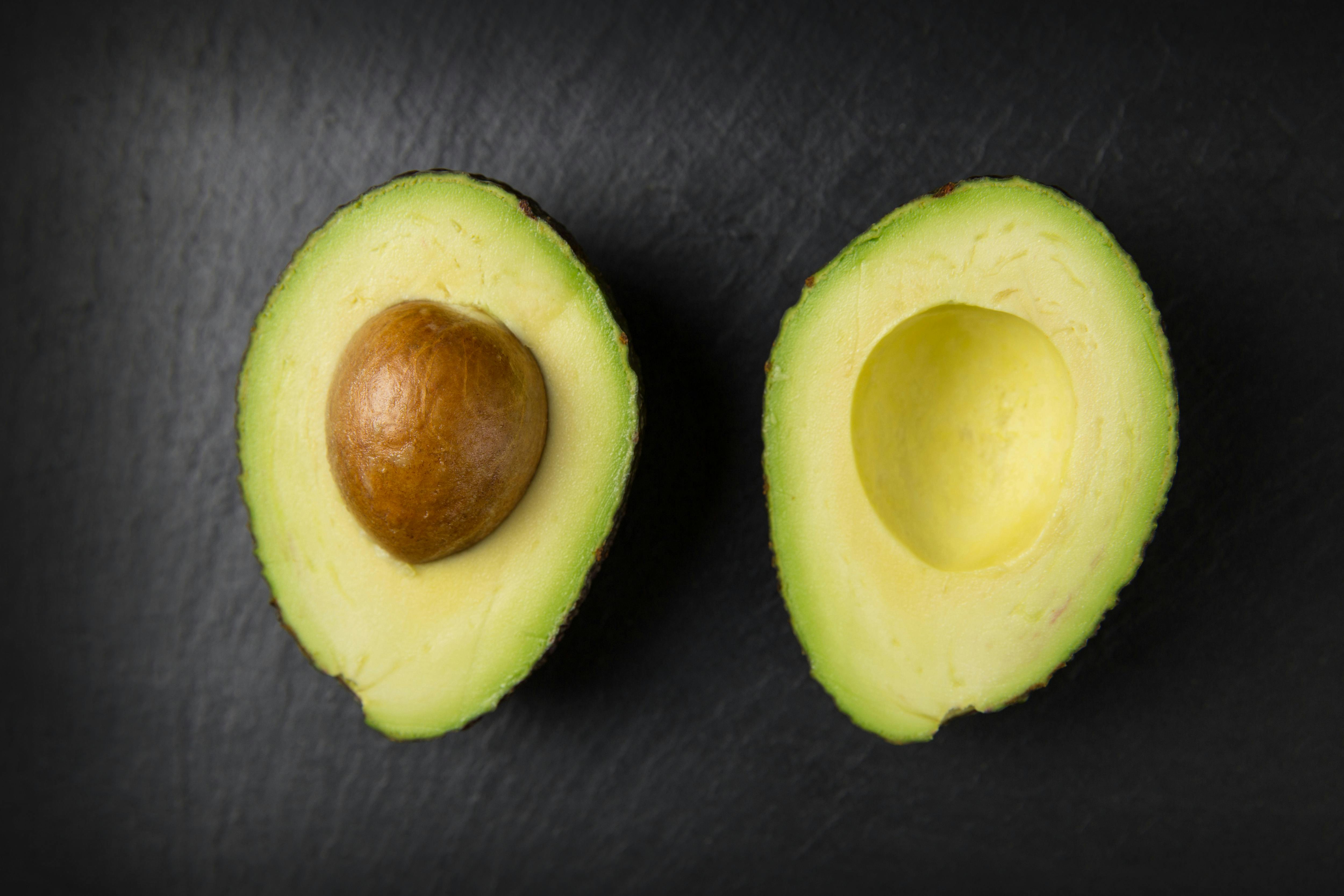Apply Now
Top 5 Differences Between Keto and Carnivore Diets
Understanding the Basics: Keto vs. Carnivore
The Keto diet, also known as the ketogenic lifestyle, emphasizes a low carbohydrate, high fat approach aimed at achieving ketosis—a metabolic state where the body burns fat for energy instead of glucose. In contrast, the Carnivore diet is a more extreme interpretation of low-carb eating, consisting primarily of animal products. This diet disregards all plant-based foods, advocating for complete meat consumption. Both diets have gained significant popularity due to their potential health benefits, especially regarding weight loss and metabolic health. As we explore these diets, it’s essential to understand their fundamental differences and similarities.
Macronutrient Composition
One of the primary differences between the Keto and Carnivore diets lies in their macronutrient composition. The Keto diet typically consists of about 70-75% fat, 20-25% protein, and only 5-10% carbohydrates. This high-fat, low-carb ratio is designed to stimulate fat adaptation and promote ketogenesis. Conversely, the Carnivore diet focuses solely on protein and fat intake, eliminating carbohydrates entirely. This meat-based diet doesn’t adhere to specific macronutrient ratios but encourages a more straightforward focus on animal products. The implications for digestion and nutrient absorption can vary significantly between the two approaches.
Types of Foods Consumed
In terms of food choices, the Keto diet promotes a variety of low-carb vegetables, dairy products, nuts, and healthy fats alongside animal proteins. This selection increases nutrient density, providing essential vitamins and minerals while maintaining ketosis. The Carnivore diet, however, restricts food sources strictly to animal-based nutrition, prioritizing red meat, poultry, fish, eggs, and certain dairy products. While this approach can lead to significant weight loss and digestive health improvements, it raises concerns about nutrient deficiencies, particularly in vitamins and minerals found in plant foods. Thus, understanding dietary restrictions is crucial for both diets.
Health Benefits and Risks for Each Diet
Both the Keto and Carnivore diets boast potential health benefits, including improved weight loss, better blood sugar control, and enhanced energy levels. However, they carry varying risks. The Keto diet has been associated with various health benefits, such as heart health improvement due to higher HDL cholesterol levels and better insulin response. The Carnivore diet claims even more rapid weight loss and significant reductions in inflammation, but there are concerns regarding the long-term sustainability of such a restrictive dietary pattern and its possible impact on cholesterol levels and heart health.
Meal Frequency and Eating Patterns
Meal patterns can differ notably between Keto and Carnivore adherents. Many Keto followers practice intermittent fasting, aligning their eating patterns to enhance ketogenesis and manage cravings effectively. This method can help regulate energy levels throughout the day. On the other hand, the Carnivore diet often promotes eating high-protein meals that can increase satiety. This flexibility and reliance on protein sources can lead to different approaches in meal timing and frequency. Understanding these eating behaviors is essential for assessing which diet might be more appropriate for individual lifestyles.
Psychological and Behavioral Aspects
The psychological effects of dieting are an essential factor. While the Keto diet allows for a broader variety of food choices, it may lead to cravings for high-carb items. Carnivore dieters, however, may find their meal choices simplified, which can reduce food-related stress but may also raise concerns about social eating situations where options may be limited. Long-term compliance is a critical factor to consider, as habit formation and dietary adherence can influence health outcomes significantly.
Sustainable Diets: Long-Term Considerations
Carnivore vs. Keto: Which is More Sustainable?
Throughout the sustainability debate, the Keto diet often wins out due to its flexibility and a broader range of food alternatives. In contrast, the strict nature of the Carnivore diet may pose challenges for those trying to maintain a long-term dietary pattern. Understanding the psychological implications, along with the environmental aspects associated with meat consumption, can aid individuals in making informed decisions regarding their health journey.
Practical Applications and Meal Plans
When it comes to meal planning, the Keto diet often includes a variety of recipes that accommodate both fat and protein sources while integrating nutritious vegetables. This flexibility can help avoid nutrient deficiencies commonly associated with long-term meat-based diets like Carnivore. On the other hand, Carnivore meal preparation often revolves around basic meat recipes or cooking methods tailored to enhance flavors of animal proteins. Both approaches necessitate meticulous grocery listing and meal prepping, promoting healthy lifestyle changes.
Final Considerations: Nutrient Absorption and Health Fulfillment
Ultimately, both the Keto and Carnivore diets offer unique health benefits; however, they also pose risks. Long-term performance in terms of metabolic health, micronutrient availability, and dietary preferences will play a substantial role in individual outcomes. Careful consideration of nutrient density, culinary practices, and adherence to sustainable eating patterns can greatly influence health and well-being over time.

Frequently Asked Questions about Keto and Carnivore Diets
What are the primary health benefits of the Keto diet?
The health benefits of the Keto diet include improved metabolism, weight loss, enhanced brain function, better insulin sensitivity, and potential support for digestive health. By fostering a low-carb, high-fat environment, individuals can experience sustained energy levels and a decrease in food cravings.
How does the Carnivore diet affect cholesterol levels?
The Carnivore diet's impact on cholesterol levels can vary among individuals. While some may experience increased LDL cholesterol, others may see beneficial changes in HDL cholesterol. It’s essential to monitor heart health and consult with healthcare professionals when engaging in a Carnivore eating pattern.
Can you combine aspects of both diets?
Yes, integrating aspects of both diets can be a viable option. For instance, one could adopt the high-fat ratio from Keto while maintaining a primary focus on animal foods similar to the Carnivore diet. Personalization is key in ensuring dietary balance and health fulfillment.

Conclusion: Making Your Dietary Choice
Choosing between the Keto diet and the Carnivore diet ultimately depends on personal health goals, lifestyle considerations, and individual dietary preferences. While both approaches can lead to weight loss and improved metabolic health, their long-term effects will differ based on nutritional choices and personal adherence. Understanding these diets’ principles and implications can empower you to make an informed decision that aligns with your health objectives and overall well-being.


